
The Price Point | The Supreme Court Offers Station Groups Hope. The FCC Could Give More

What a bizarre year this has been. COVID-19 has changed how stations operate. Covering civil unrest and rioting has stretched many news departments to their limits. Expenses are up across the board, especially for staff security and work-from-home technology.
If all of that were not enough, the loss of spot advertising has made profits a disaster. With no political in 2021, many fear next year could be even worse.
Into all of this, we are offered some hope by the U.S. Supreme Court’s decision to hear an appeal of the Third Circuit’s latest rejection of the FCC’s reform efforts. Putting a stake in heart of the 45-year-old newspaper-TV crossownership rule may come too late to save most newspapers, but elimination of the eight-voice rule offers a path (though not necessarily an easy one) forward for limited in-market consolidation.
Unfortunately, broadcasters’ biggest issue, elimination of the Top 4 rule, is not addressed. The FCC still must take action for that to happen.
To understand the broader regulatory picture, I consulted a highly respected communications attorney deeply involved in the issues. To protect his anonymity, and location of his parking garage, we shall call him “Lawyer Throat.”
Looking beyond the Supreme Court, Lawyer Throat believes two current issues are paramount in our industry. Both threaten profitability, not just in the future, but right now.
In-Market Consolidation
This has been a terrible revenue year and next year could be even worse. That means some stations are struggling to maintain profitability right now. As time goes on, that list will grow. Those that do remain viable will find it more and more difficult to fund the level of news and community service required to compete in a fully connected world.
With consumers now spending more combined time on news and information apps, websites and cable channels than on local television, the claim that ownership of two TV stations in a market would somehow result in control of local news and information is ludicrous. We no longer live in 1975’s world of rotary phones, record players and three commercial TV signals.
The urgently needed solution is ownership reform. Most markets simply cannot continue to support the number of newscasts now being aired. Combining two top 4 affiliates, something we have already seen work well in dozens of small markets, allows for more robust news organizations, stronger competition and better service to communities. In Sioux Falls, for instance, powerhouse KELO finally has real competition from combined NBC-ABC affiliate KSFY.
We also have a few larger market examples. In Raleigh, N.C., Capitol Broadcasting’s combined NBC-Fox operation offers a powerful array of local services, competing head-to-head with an also powerful ABC O&O.
If we are to maintain local television’s ability to serve local consumers, both day-to-day and during times of disaster, the FCC must allow in-market consolidation now.
Online Video Distributors Must Be Classified As MVPDs
A general manager recently remarked to me: “Every month my retransmission fees drop. Most subscribers are replaced by internet distributors, but the revenue is so much less, it’s killing me.”
Because virtual MPVDs (vMPVDs) such as YouTube, Hulu and Fubo are not regulated as cable or satellite systems, they are free to make private deals directly with the networks. The networks then share a portion of that revenue with the stations, but the dollars are much smaller than those from retrans deals. They’re so small that they don’t come close to replacing lost retransmission fees.
Broadcasters would welcome reformation of the outdated newspaper-TV crossownership rule, but the Supreme Court’s decision to hear an appeal of the Third Circuit decision doesn’t solve all the industry’s COVID-induced woes. The FCC… Click To TweetBecause they are not classified as MVPDs, vMPVDs are also not required to grant program exclusivity to stations. That means a vMPVD could make a separate deal for network or syndicated programming without having to carry the local affiliate at all.
Closing the vMPVD loophole would allow stations to negotiate with cable-light internet services the same way they negotiate with traditional cable and satellite systems. That would ensure a symmetrical and fair marketplace across all linear systems that carry station program streams. The FCC has had this proceeding tied up since 2015. As with market consolidation, we need action now.
Just how urgent are these issues? Here are Lawyer Throat’s words: “It’s time for the FCC to ignore the ‘Luddites of the Left’ that have no problem with Google and Facebook taking 50% of the video ad revenues from every TV market in the country, but whine that allowing one company to own two top four rated TV stations in a market is a threat to the continued existence of the Republic. “
I think that says it all.
Hank Price is a media consultant and leadership coach. He is the author of Leading Local Television, a guide to leadership for television general managers, as well as those who aspire to top leadership. Price spent 30 years managing TV stations for Hearst, CBS and Gannett, including WBBM Chicago and KARE Minneapolis, as well as three other stations. Earlier, he was a consultant for Frank N. Magid Associates. Price also served as senior director of Northwestern University’s Media Management Center and is currently director of leadership development for the School of Journalism and New Media at Ole Miss. He is the author of two other books.





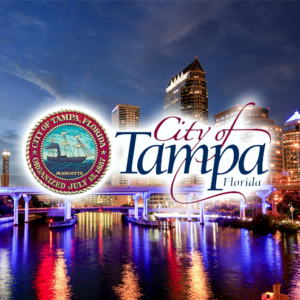

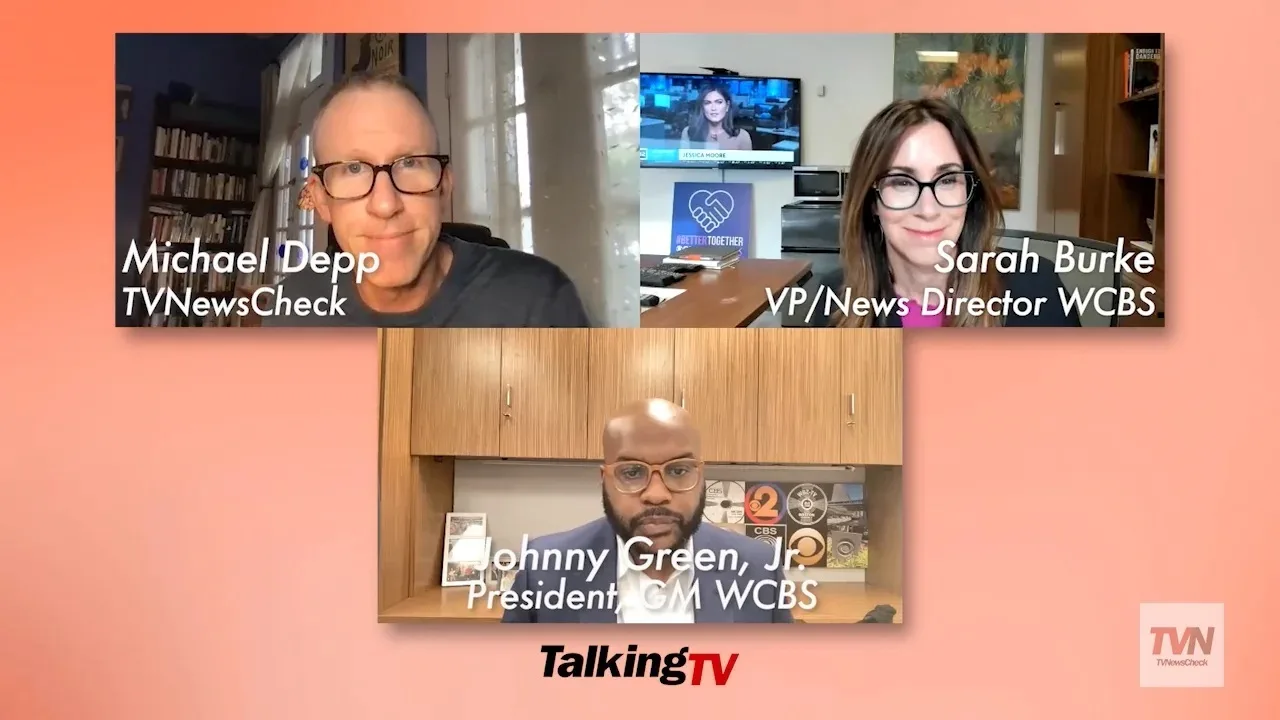
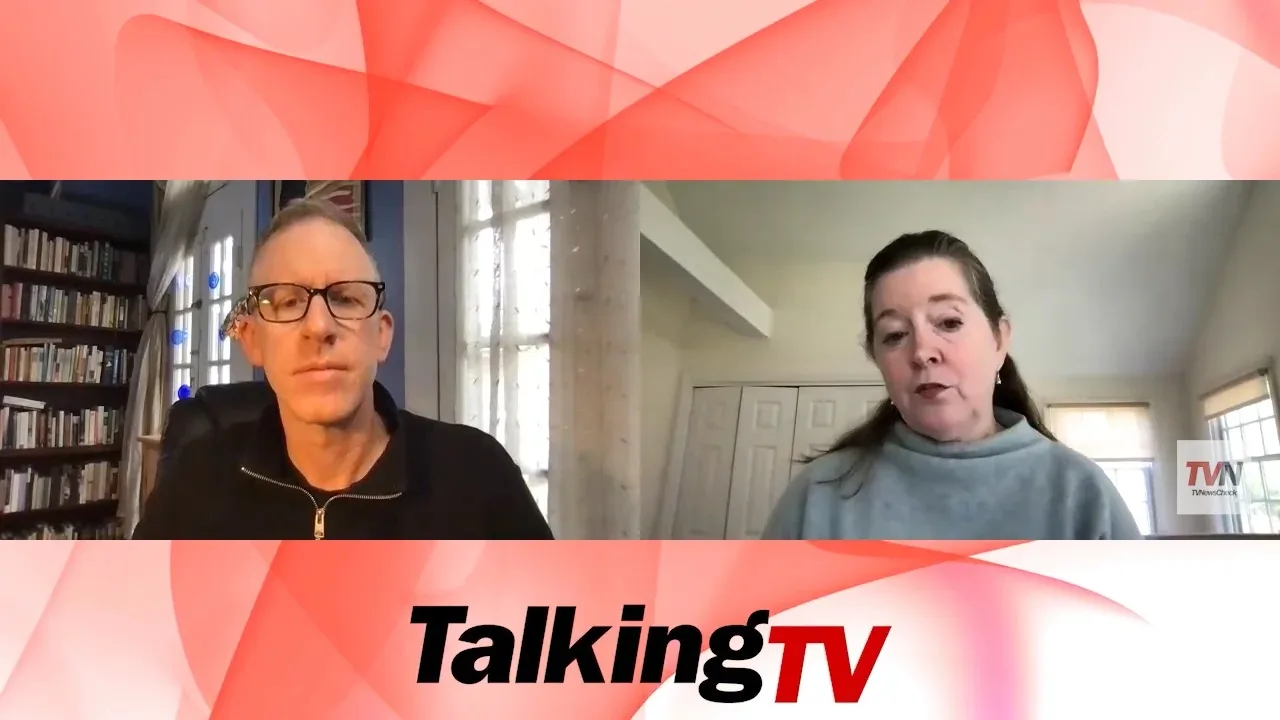


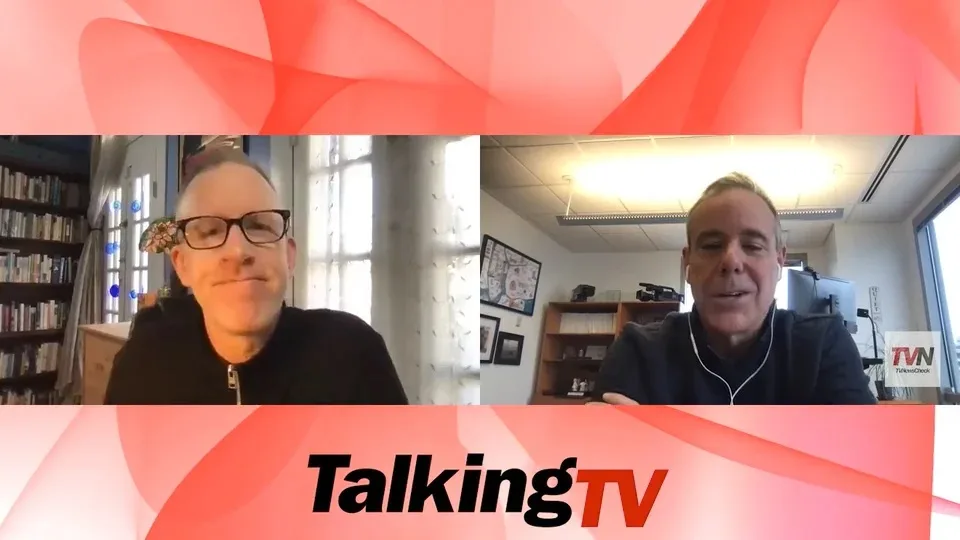

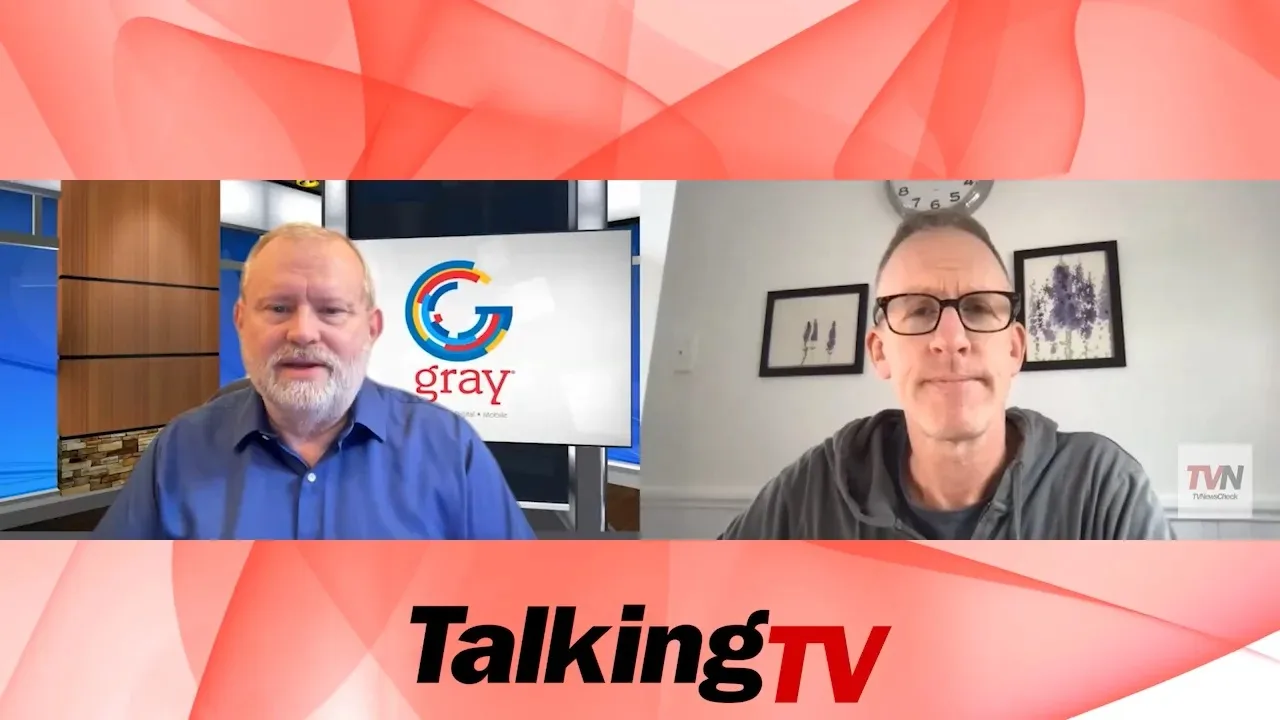

















Comments (2)
exnewsproducer says:
October 12, 2020 at 1:59 pm
Television broadcasters can blame themselves for their current predicament. They failed to treat the Internet as a serious platform for news distribution. Why? It’s all about the money. Broadcasters are required to care about public service because of their FCC licenses. What they won’t tell you publicly, but admit privately, is that they care about money first and foremost.
Broadcasters believed they could survive through the tried-and-true method of selling commercial air time. Many ignored the Internet or treated it as an after thought because they thought commercials about car dealerships, lawyers, and prescription drugs would keep them afloat. It’s no different than the newspaper publishers who believed advertising revenue would keep the printing presses rolling even though you could post an ad on Craigslist for free.
Today, television audiences are shrinking as more people go on the Internet for local news. We live in a society where you can instantly learn about news and events in your neighborhood. No longer do you have to wait for the six o’clock news. Yet, broadcasters are whining about the rules because they failed to keep up with changing times. It’s no different than the horse carriage manufacturer who refuses to change even though he sees more new cars rolling down the street every day.
Hank, if you think it’s time for the FCC to come out of the past, then certainly it’s time for broadcasters to do the same before it’s too late.
tvn-member-8084707 says:
October 15, 2020 at 7:04 pm
You guys kill me with this ownership / consolidation march. When has deregulation ever done any industry any good? Or at least good for the country as a whole, I know it does investment bankers, shareholders and owners real good in their wallets. Let’s see, the S&L debacle caused by deregulation, financial collapse of banks in 2009, major cause, deregulation, airlines were deregulated and are now, well, do you like flying anymore? And my favorite, in 1982, the media deregulation began. We had 54 major media companies back then, today we have 6 majors.And if memory serves, they can own up to 7 stations in a major market. And now you want to combine NBC and ABC affiliates…really? Look at it this way, in 1980 there were just under 9,000 companies listed on the NYSE and today there are about 2,950, and you think more consolidation is going to make for better competition Really? What needs to happen is that big media needs to be broken up and re-regulated. People really have to stop being so myopic and greedy and just seeing the dollar. Over consolidation have given us a very dangerous media system, the ability to distribute propaganda in mass quantities is unmatched. Haven’t you seen what over consolidation of the agriculture industry has done to the food supply chain during C19 pandemic? Can’t you see what deregulation has done to our media industry? Check here for a timeline of global media mergers and tell me why FCC needs to relax ownership rules some more. https://www.globalization101.org/timeline-of-media-mega-mergers-1986-2004/
As far as the “Luddites of the Left”, well, they do have a problem with big tech’s chain monopolies, they are proposing regulation and forced divestitures to break them up. I’m an Independent, and like some on the left, I am against fascism, and hell, can’t you smell the bananas by now??